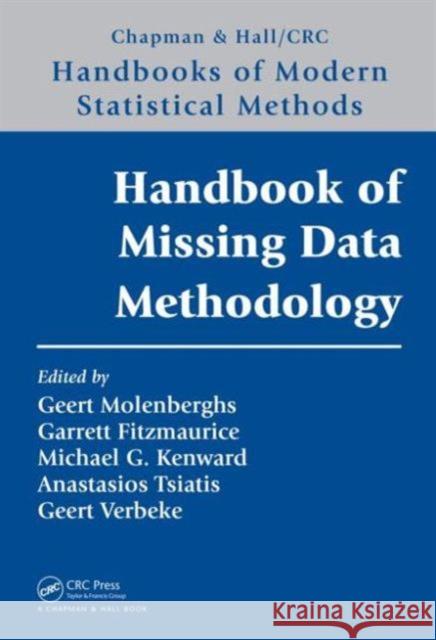Handbook of Missing Data Methodology » książka
Handbook of Missing Data Methodology
ISBN-13: 9781439854617 / Angielski / Twarda / 2014 / 598 str.
Handbook of Missing Data Methodology
ISBN-13: 9781439854617 / Angielski / Twarda / 2014 / 598 str.
(netto: 557,46 VAT: 5%)
Najniższa cena z 30 dni: 528,93
ok. 16-18 dni roboczych.
Darmowa dostawa!
Missing data affect nearly every discipline by complicating the statistical analysis of collected data. But since the 1990s, there have been important developments in the statistical methodology for handling missing data. Written by renowned statisticians in this area, Handbook of Missing Data Methodology presents many methodological advances and the latest applications of missing data methods in empirical research. Divided into six parts, the handbook begins by establishing notation and terminology. It reviews the general taxonomy of missing data mechanisms and their implications for analysis and offers a historical perspective on early methods for handling missing data. The following three parts cover various inference paradigms when data are missing, including likelihood and Bayesian methods; semi-parametric methods, with particular emphasis on inverse probability weighting; and multiple imputation methods. The next part of the book focuses on a range of approaches that assess the sensitivity of inferences to alternative, routinely non-verifiable assumptions about the missing data process. The final part discusses special topics, such as missing data in clinical trials and sample surveys as well as approaches to model diagnostics in the missing data setting. In each part, an introduction provides useful background material and an overview to set the stage for subsequent chapters. Covering both established and emerging methodologies for missing data, this book sets the scene for future research. It provides the framework for readers to delve into research and practical applications of missing data methods.











